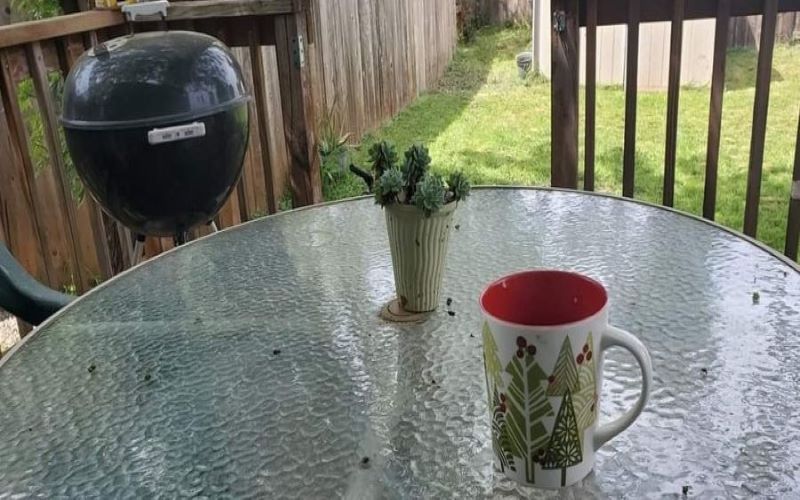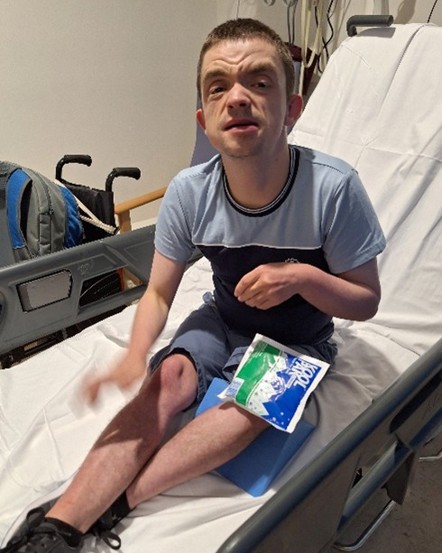Special needs parenting: Your Mental Health Matters

Jennifer Arnold
I’m passionate about raising awareness about disability issues through education and outreach. When I’m not wearing my writer hat, I’m usually trying ...

May is Mental Health Awareness Month in the United States, and it’s essential for families of children with special needs to be aware of caregiver burnout and how to prevent it.
Parenting is challenging enough, but parents and caregivers of children with special needs deal with an added layer of stress.
Sometimes several layers.
Caring for a child with special needs is often equivalent to a full-time or more because many require round-the-clock care.
Parents of children with special needs are extremely prone to caregiver burnout.
I’ve been there, done that.
Several years ago, I found myself sobbing in a doctor’s office after the stress had taken its toll.
I’d had back-to-back illnesses for several months while caring for two kids with multiple complex medical and behavioral issues.
The physical and mental health consequences of chronic stress-related to raising kids with additional needs are real.
Depression, anxiety, sleep issues, chronic fatigue, and relationship problems are just a few of the issues that can lead to caregiver burnout if they go untreated.
One of the issues that parents of children with special needs have- and I am guilty of this myself- is that they feel like they should be able to do it all.
No one knows our kids as well as we do, and if you’re like me, it’s rare that you find someone you can trust completely with their care.
Unfortunately, when this happens, basic self-care gets put on the back burner.
A good night’s sleep, staying well fed and hydrated, and getting enough exercise is often unheard of when caring for medically complex kids, much less getting to spend time away with your spouse or a night out with friends.
Isolation and exhaustion are common in families who have children with special needs, and even more so if they don’t have a local support system.
Even with local support, many people are also afraid to ask for help when they need it.
I’ve found that many people genuinely want to help but may be unsure of what exactly is needed.
Asking for help with specific things makes it easier for family and friends to pitch in when you need it.
The saying is true- you can’t pour from an empty cup.
Sometimes it’s easier said than done but finding just a little chunk of time each day to do something you enjoy, or that’s just for you can go a long way.


